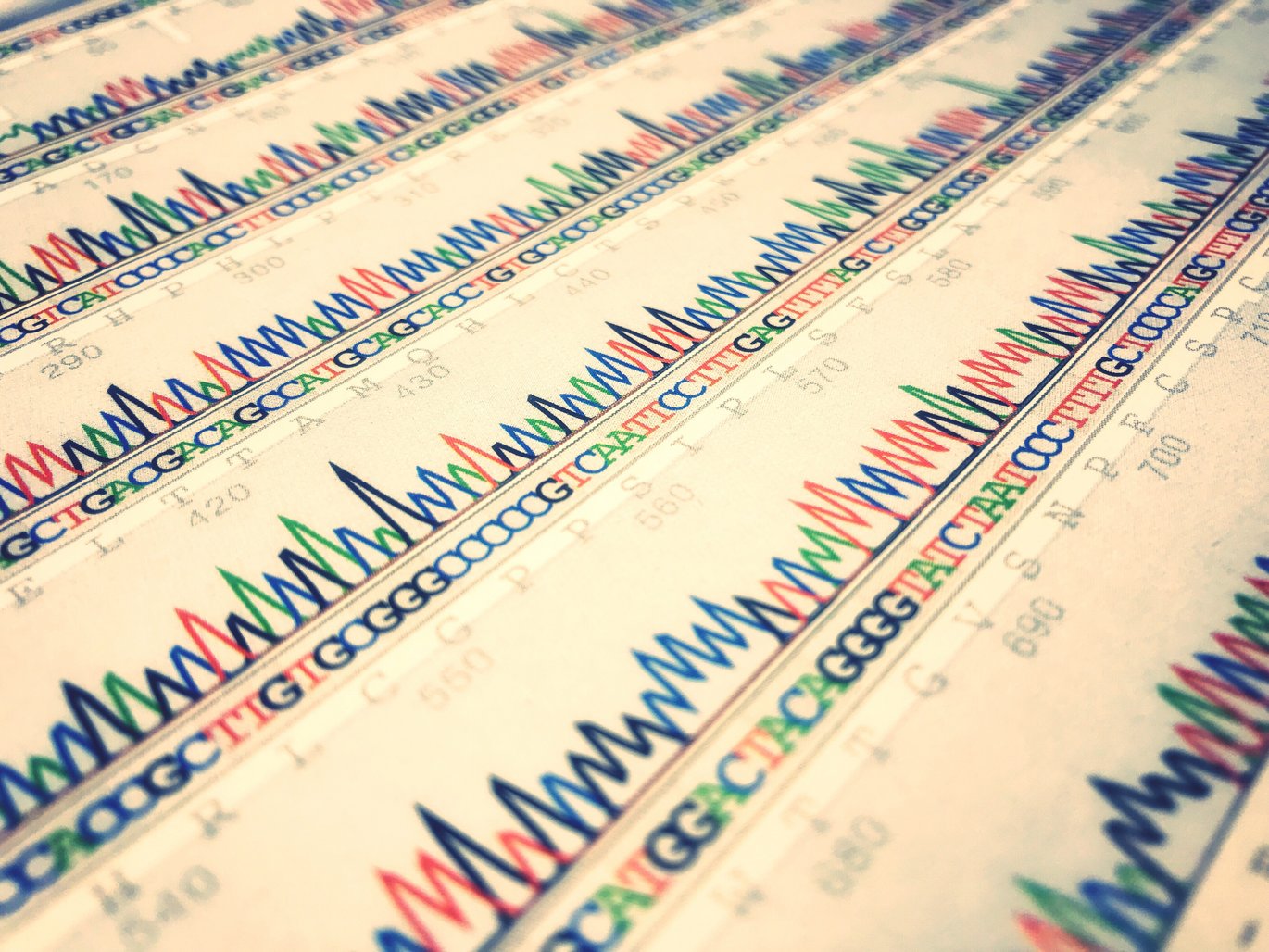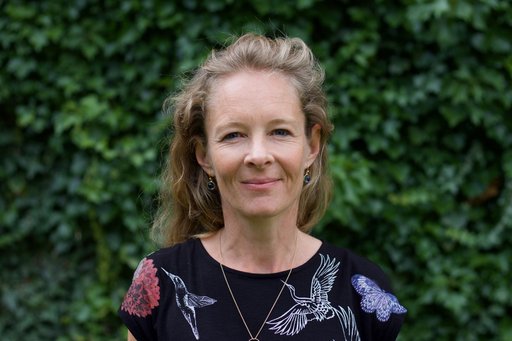Gene defect in Inuits discovered in international research collaboration
ABOUT THE RESEARCH: A seriously ill Greenlandic child led researchers from the Department of Biomedicine onto the trail of a gene defect that is carried by 1 out of 1500 Inuit people. A British University contributed with cases.

More information:
Read the scientific article about the research result in the Journal of Experimental Medicine
On Saturday 24 April, the Danish newspaper Politiken published an article about the research results. Read it here.
In recent weeks, several media outlets have written about a striking research result from the Department of Biomedicine.
Professor Trine Hyrup Mogensen's group has discovered a gene defect that appears frequently in populations of Inuit ancestry in Greenland, Canada and Alaska. The carriers of the gene cannot tolerate e.g. the MMR vaccine and risk dying from influenza or Covid-19, and the discovery will potentially lead to screening of all newborn Inuits.
The defect in the gene IFNAR2 has been found after medical doctors at Rigshospitalet in March 2021 contacted Professor Trine Hyrup Mogensen from the Department of Biomedicine at Aarhus University and the Department of Infectious Diseases at Aarhus University Hospital. For several weeks, the doctors had found it difficult diagnosing a very ill 22-month-old Greenlandic child. The child showed signs of meningitis, and there was also a suspicion of tuberculosis, which is relatively common in Greenland. The treatment did not work as intended and the child's condition was serious.
Trine Hyrup Mogensen's group has extensive expertise in diagnostics using whole genome sequencing, and the analysis of the child's genome was surprising. It revealed a defect in the gene IFNAR2.
“Initially we didn’t think that the defect was responsible for causing the disease, because it's a new mutation that doesn't appear in databases as pathogenic," explains Trine Hyrup Mogensen.
The researchers carried out analyses of the patient's cells and infected these with herpesvirus and measles virus. It quickly became clear that the patient's cells were unable to mount any kind of antiviral response. The cells could not form the signal molecule interferon, which is normally released by cells during viral infections to mobilise the body's antiviral defence mechanisms. There was uncontrolled viral production in the patient’s cells and the cells simply died.

The gene defect was discovered in close collaboration between researchers from Aarhus University and Newcastle University as well as paediatricians and clinical immunologists in Denmark, Greenland, Alaska and Montreal in Canada.
The researchers in Newcastle, in particular, also work with gene defects in the immune system, and they have helped to validate the research results. They knew of four children from Alaska and Canada who became very ill after either a Covid-19 infection, influenza, or two or three weeks after the MMR vaccine. Unfortunately, three of the children ended up succumbing to illness.
"Very unusually, when we compared gene sequences, there was a match, as the children from Alaska and Canada bore the same gene defect as we’d shown in the child from Greenland," says Trine Hyrup Mogensen.
"The new mutation is not stated as being pathogenic, but it’s very clearly a gene defect," she explains.
Thanks to the British colleagues, it is now clear that the gene defect does not only occur in Greenland, but also in the entire circumpolar area.
"We know and collaborate with researchers abroad who have the same field of interest, and this has many advantages. In this case, there is much more impact from having five patients rather than only one, and this provides a better overall picture of the slightly different disease presentations and infections that children with this gene defect are affected by," says Trine Mogensen.
She is now collaborating with Honorary Schou Professor Jean-Laurent Casanova from Rockefeller University, who has found a similar gene defect in people in Polynesia and Samoa. The gene involved is not the same one, but it has the samr receptor complex, and it is still the case that the patients are unable to deal with viral infections or MMR vaccines and become very ill.
"When you work with rare diseases and patient cases, international collaboration is crucial. It gives both greater impact and more knowledge," says Trine Hyrup Mogensen.
Research that makes a difference
The University of Copenhagen has a biobank which stores blood samples from 4600 Greenlanders. It turned out that 1 out of 1500 had inherited the newly discovered gene defect from both parents and were therefore extremely vulnerable to viral infections and vaccines with live viruses such as the MMR vaccine.
"The gene defect is so frequent in the population that we’re able to publish the study and hopefully create a change for many families. Deaths can be avoided. It’s a question of the families allowing themselves to be vaccinated and examined. Children with the gene defect shouldn’t be given live vaccines, and they must be given preventive, antiviral drugs and non-living, safe vaccines against influenza and COVID-19 at an early stage," explains Trine Hyrup Mogensen, who is in contact with the chief medical officer in Greenland.
The researchers are currently applying for access to the heel prick test that all Greenlandic newborns – like Danish newborns – undergo when 2-3 days old.
"In collaboration with the paediatricians from Rigshospitalet, we’re ready to conduct analyses of heel prick test samples as soon as we get the green light. If all goes well, we will have permission within six months and can possibly contribute towards the drawing up of new guidelines within a year," says Trine Hyrup Mogensen.
Contact
Professor Trine Hyrup Mogensen
Aarhus University, Department of Biomedicine and Aarhus University Hospital, Department of Infectious Diseases
Mobile: (+45) 2012 5280
Email: trine.mogensen@biomed.au.dk